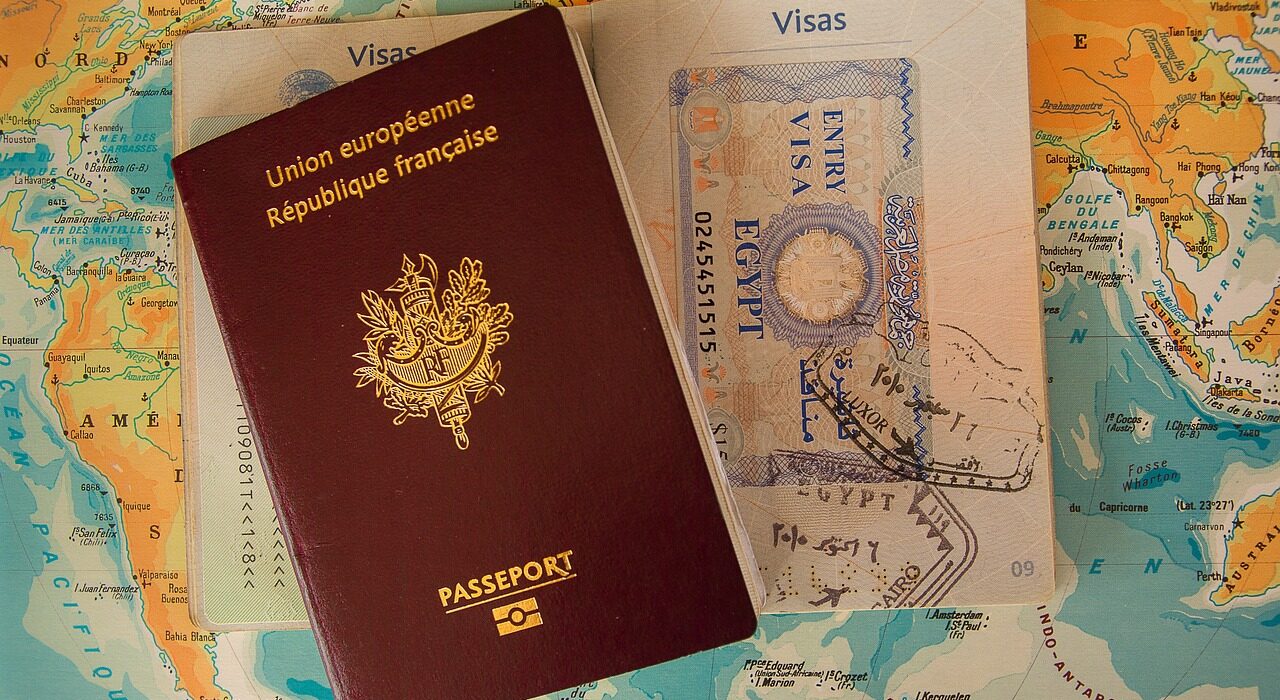In today’s globalized world, the terms “job visa” and “work permit” often come up in conversations about working abroad. Although they are sometimes used interchangeably, they represent distinct concepts with different requirements and implications. In this article, we’ll break down the key differences between job visas and work permits to help you navigate the complexities of international employment.
What is a Job Visa?
A job visa, often referred to as a work visa, is a type of visa specifically designed to allow individuals to live and work in a foreign country for a specified period. This visa is usually tied to a specific employer or job offer, meaning you must have a job lined up before applying. Job visas are issued by the immigration authorities of the host country and are often subject to various conditions, such as:
- Job Offer Requirement: You generally need a formal job offer from an employer in the host country.
- Validity Period: The visa is usually valid for the duration of your employment contract.
- Renewal and Extensions: Some job visas can be renewed or extended, but this depends on the country’s regulations and the nature of your employment.
What is a Work Permit?
A work permit, on the other hand, is a legal document that authorizes a foreign national to work in a specific country. It’s often issued by the labor department or a similar authority within the host country and can sometimes be required in addition to a job visa. The key characteristics of work permits include:
- Employment Authorization: A work permit allows you to legally work in the host country but may not automatically grant you residency.
- Conditions and Restrictions: Work permits often come with conditions regarding the type of work you can do and the employer you can work for.
- Duration and Extensions: The duration of a work permit may be limited and extensions might require a new application or additional documentation.
Key Differences Between Job Visas and Work Permits
-
Issuing Authority:
- Job visas are typically issued by immigration authorities.
- Work permits are usually issued by labor or employment departments.
-
Application Process:
- Applying for a job visa often involves securing a job offer before applying.
- Work permit applications might not always require a job offer beforehand, but the employer usually needs to justify the hiring of a foreign worker.
-
Purpose and Usage:
- A job visa primarily allows entry and residence in the host country for employment purposes.
- A work permit specifically authorizes the holder to work within the host country.
-
Duration and Renewability:
- Job visas and work permits both have specific validity periods, but their renewal processes and conditions can vary significantly.
Conclusion
Understanding the differences between job visas and work permits is crucial for anyone considering working abroad. While both documents are essential for legal employment in a foreign country, they serve distinct purposes and come with different requirements. Whether you are an employer looking to hire international talent or an individual seeking job opportunities overseas, knowing the specifics of each can help you navigate the process more effectively.
At Citizen Travels, we specialize in helping clients understand and obtain the necessary documentation for working abroad. For personalized assistance and expert guidance on job visas and work permits, contact us today!



